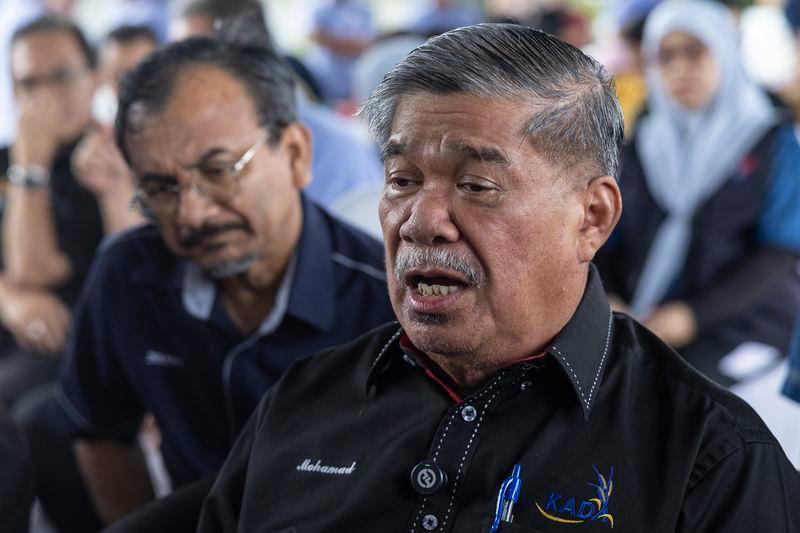KLANG: The agrofood sector played a significant role in Malaysia’s economy in the first quarter of 2025, contributing RM45.5 billion, or 11 per cent, to the Gross Domestic Product (GDP).
Agriculture and Food Security Minister Datuk Seri Mohamad Sabu highlighted the sector’s importance, noting that food services led with RM22.1 billion, followed by crops, livestock, and fisheries (RM13.9 billion) and food and beverages (RM9.7 billion).
Mohamad emphasised that agrofood is not just about economic growth but also national food security.
“We all know that the agrofood sector is not just about the economy, it is also about survival... matters related to food security and the nation’s future,“ he said during the Agrofood Development Seminar 2025.
Despite its contributions, Malaysia faces challenges in rice self-sufficiency, with a self-sufficiency ratio (SSR) of only 65 per cent, lagging behind Indonesia.
Mohamad attributed this partly to the loss of 20,000 hectares of padi land due to urbanisation and land-use changes.
Efforts are underway to revive idle padi fields in states like Melaka, Negeri Sembilan, Johor, Sabah, and Sarawak.
Modernisation is key to boosting yields, with a target of seven metric tonnes per hectare.
Currently, most areas produce four to five tonnes, though high-yield zones like Sekinchan in Selangor achieve seven to eight tonnes.
Another concern is the ageing farming population.
The Agricultural Census 2024 revealed that nearly half of Malaysia’s farmers are over 60.
However, Mohamad noted a growing interest among younger farmers, particularly in regions like Negeri Sembilan and Johor, where modern techniques such as drone usage are gaining traction.
The ministry aims to encourage youth participation in agriculture, especially in padi farming, by promoting technology adoption.
“Older farmers exist in every country, but replacing them quickly is not easy,“ Mohamad said. – Bernama









